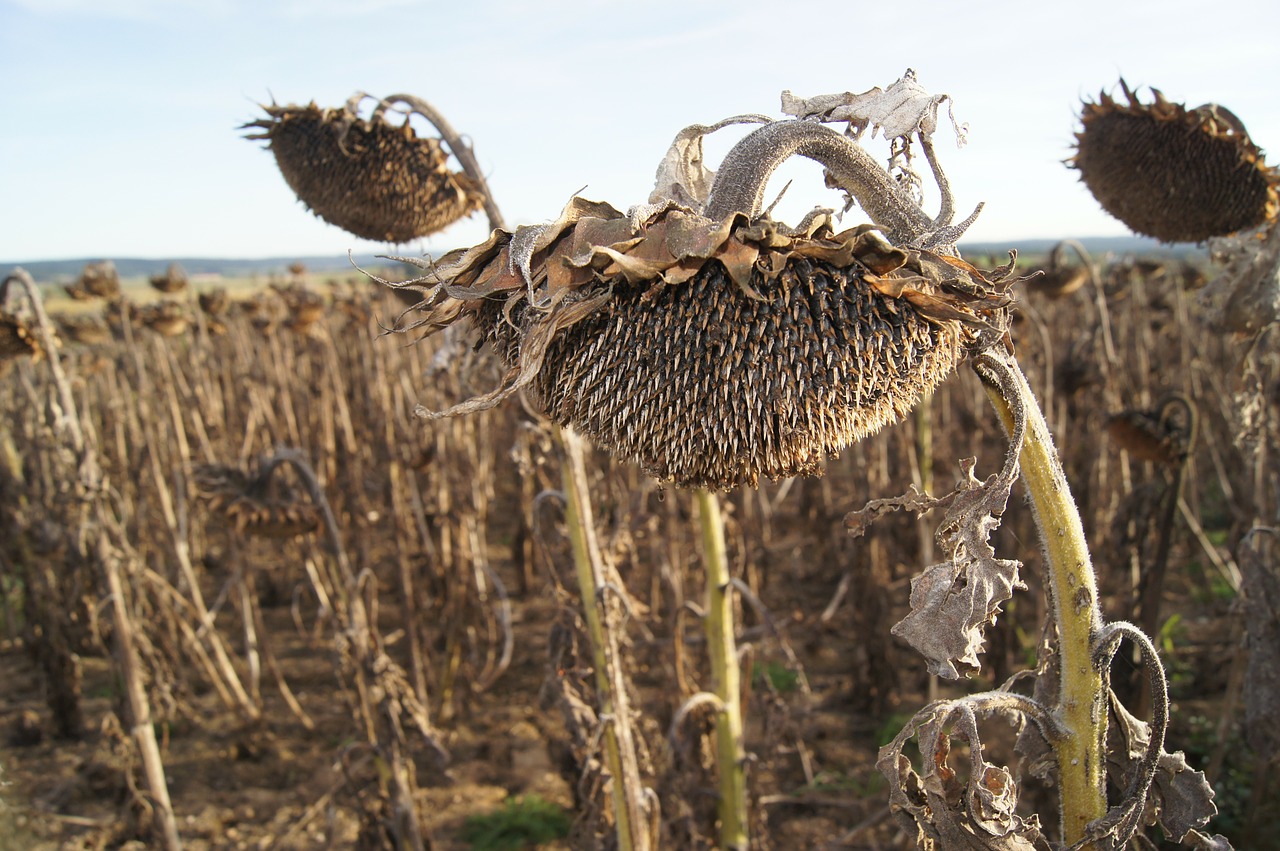
Decreasing projections for agricultural output
Agricultural product demand is set to explode in the coming decades as the human population rises from 7.2 billion to an estimated 9.6 billion people by 2050, with experts expecting demand to increase by 70%.
Concurrently, according to the Intergovernmental Panel on Climate Change, the earth’s average temperature is likely to rise between .3℃ and 4.8℃ by the year 2100. When considering the needs of the increasing population, examining the effects of climate change on future agricultural output becomes increasingly important for future planning and policy.
A study published last year projected main domestic crops such as wheat, corn, and soybeans will lose up to six percent of their yield for every day the temperature is above 86℉, an occurrence the researchers expect to occur more frequently in the future. While proper irrigation could help mitigate the problem, water supply remains another pressing issue affected by climate change.
In the livestock sector, heat stress alone results in over a billion dollars in domestic losses each year currently, while changing forage availability and quality could severely impact production.
More research is needed to adequately address the issue, especially in the livestock sector. As more evidence points towards the detrimental impacts climate change will have on the future of agriculture production, however, effective strategies and policy to mitigate problems will be essential for the future of food security.
Popular Science
Climate Risk Management
Changing climate: changing disease
Climate change has also greatly affected the potential for animal disease occurrence worldwide, often through alarmingly subtle effects.
For example, the spread of insects and other vectors of disease with climate change has already changed the disease outbreak landscape. An outbreak of Bluetongue virus caused the deaths of 1.5 million sheep in Europe between 1998 and 2005 and was the largest outbreak of the disease ever recorded. The outbreak included areas of Europe which had never before reported the virus. Eventually researchers discovered that Culicoides, a group of small biting flies which can carry the virus, were able to migrate northwards across these areas of Europe because of documented small temperature increases. Mosquitos, a common disease vector, are now found at the Mt. Everest base camp with regularity. This change was caused by a mean temperature increase of only .9℃.
Animal disease patterns can have severe impacts on humans not only from decreased production but also from infection spread directly to humans. Among emerging infectious diseases, many which have already been or may be affected by climate change, 75% can pass between humans and animals.
Journal of Entomology and Zoology Studies (PDF)
International effort to prepare farmers for climate change
The second phase of the Forest to Farm initiative was launched last week. The program started in 2012 and is a coordination between multiple international agencies, including the Food and Agriculture Organization of the United Nations, and helps producers build resilience to climate change.
There are 1.5 billion forest and farm producers in the world, supplying up to 80% of the food supply to Asia and sub-Suharan Africa often through family farms and small lot operations. These small lot farms can be dramatically affected by climate changes, putting a large portion of the global food security at risk.
The Forest to Farm initiative involves coordinating with producer organizations to develop agriculture sustainability, both in terms of business development and cooperation between farmers. The second phase of the project will specifically focus on landscape mitigation, adaptation, and climate resilience to help farmers manage their land through future challenges. The efficacy of these programs will be important to track to help guide future development projects when considering climate change.
